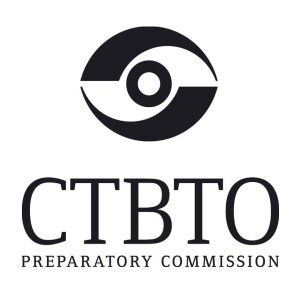
College of Engineering Unit:
The development of nuclear weapons has been a fear of the world since its development. The world governments have tried many things to prevent the spread of nuclear weapons technology in the past with varying success. Most accusations were thrown without actual proof, leading to fear and uncertainty for people around the world.
In September 1996, the Comprehensive Nuclear-Test-Ban Treaty was signed in Vienna, Austria. The Comprehensive Test Ban Treaty Organization (CTBTO) was born from that treaty, and they have the sole mission of developing and maintaining a global nuclear explosion detection system. The purpose is to detect nuclear weapons tests, regardless of if those weapons were detonated in the air, in the sea, or underground.
Our team, Lean on Xenon, focuses on the Xenon detectors as those detectors are used in final confirmation of a nuclear weapons test. Xenon is an inert gas and has a long enough half life, allowing it to transport far without building up in the atmosphere. One of the conditions that the CTBTO requires for the detecting system is minimum detectable concentration (MDC); It is 1 mBq/m3.
Our team developed a risk assessment model that consolidates individual components of the CTBTO infrastructures and analyzed the individual components that go from detection, to analysis, and finally out to member states. Member states encompass countries that agree with banning nuclear weapon testing. The risk assessment also considers the current geopolitical climate and identifies countries that are suspected to be pursuing nuclear weapons. We then use the overall ranking of the CTBTO infrastructure as a whole, and use the local infrastructure to develop a security ranking for individual countries.
The intention of the CTBTO is to use the global infrastructure as evidence of the development of nuclear weapons, so world governing organizations can pass sanctions or worse against those pursuing nuclear weapons. Currently, the CTBTO does not have the authority to accuse anyone of testing nuclear weapons, but rather supply member states with the information to make their own informed opinions. Our assessment is one of many investigations into the integrity and viability of this detection system before it is implemented as a forensic tool for world governments.